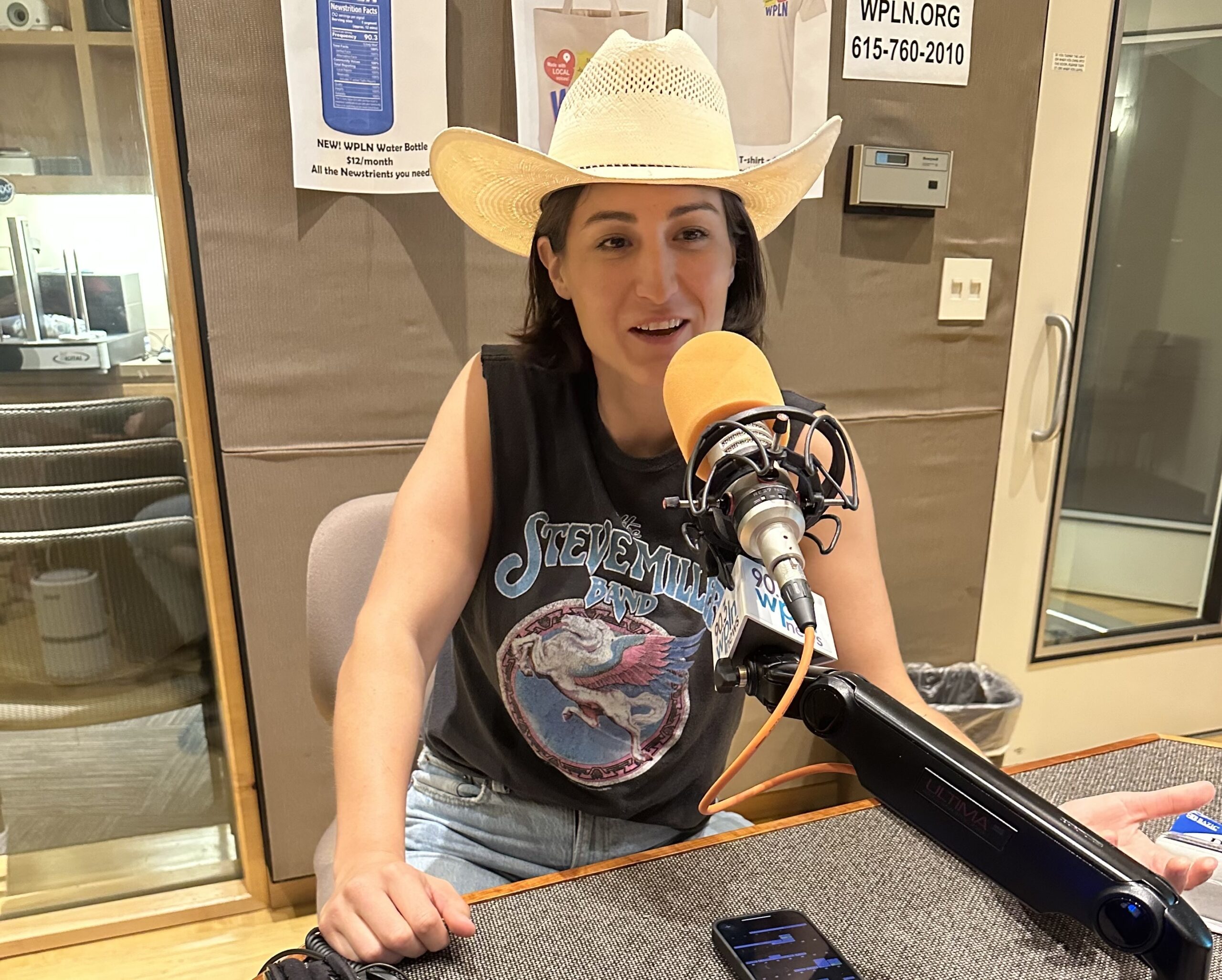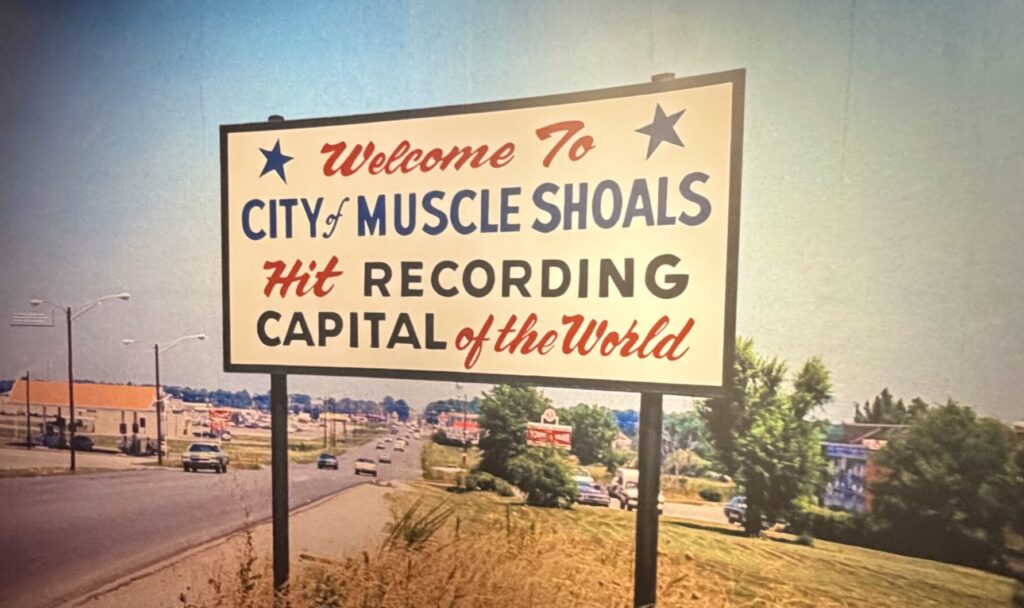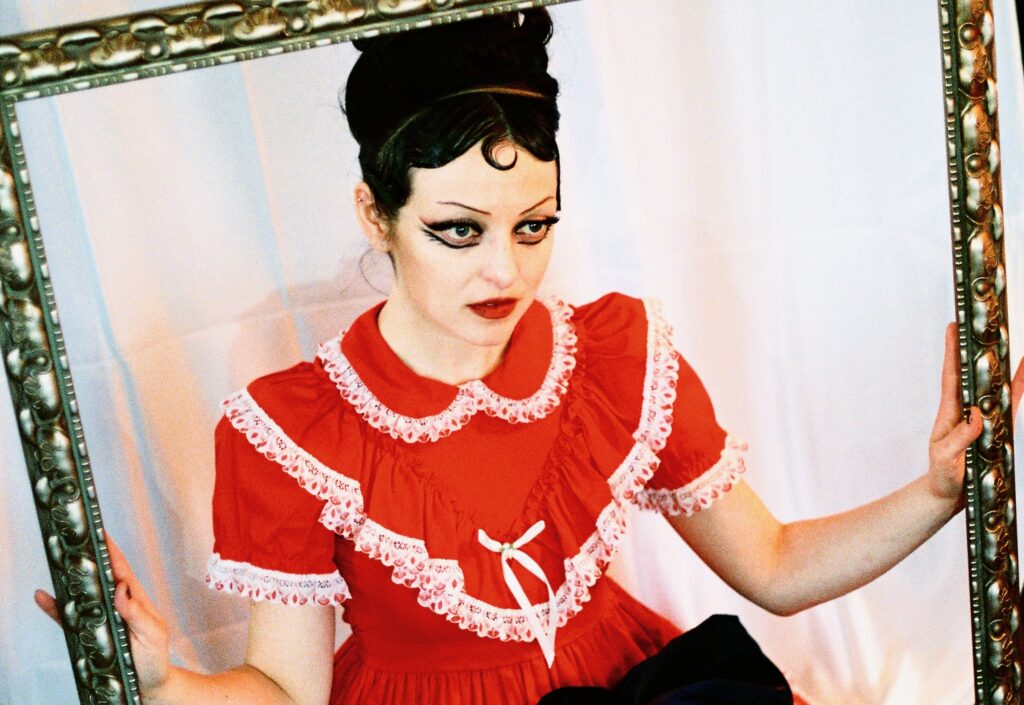Back in March, I spoke with Salvadoran-American artist Angie K about how her professional journey motivated her to start the Country Latin Association. She’d seen the country music industry treat Hispanic artists as though they were interlopers in the genre, or like they were interchangeable, or ignore them altogether.
At the time, Angie expected it to take time to get Nashville’s attention with her advocacy. “That’s a massive dream,” she told me. “I hate saying it out loud. But I’m just going to do my little steps and see where that takes us in the next year.”
Soon, she messaged me about the plans she’d already helped put in place for this year’s CMA Fest, and that was reason for a follow-up interview.
Jewly Hight: Here we are just a couple of months later, and some of those [goals] are coming to fruition or at least getting closer to being realized.
Angie K: The Country Latin Association is putting on the Latin roots stage, which is at the Close-Up Stage inside of Music City Center. And you can listen to the stories of some great artists.
We have MŌRIAH, who’s amazing. She’s up and coming. She has Mexican roots. We have Kat Luna, who has Cuban roots, and we have Los Hermanos Mendoza, which I love. This is their first time playing in Nashville. They’re from Bakersfield, California, and they’re these three brothers that just sing these old-school country songs and they have a huge — I mean, we’re talking about followers in the hundreds of thousands and I have no doubt these guys are gonna be massive.
So those are three artists, and the last 15 minutes we convinced one of the biggest artists in the world, Carín León, [to join the panel]. He is a regional Mexican artist that is now crossing over and making songs and country music. And he’s going to answer questions the last 15 minutes and then do his meet-and-greet directly after that.
JH: He will not only be doing the panel you mentioned, he’ll also be appearing on the largest stage at CMA Fest on the stadium with Cody Johnson. What is historic about that?
AK: I mean, it’s so huge. Because with Latin artists and with people of color that are playing country music, there tends to be this narrative that Black people or Latin people don’t listen to country music. And it’s just not true. We’re just not seeing them.
So when you start to see that on the stage, the conversation becomes less about, “that doesn’t work,” and more about, “How does that work?” And I think there’s a lot of people that would love Mexican country music. Or — I’m from El Salvador — like where my perspective comes from. Or Kat Luna coming from Cuba. Hearing these stories and hearing the values of family and making things work and going through pain and getting out the other side and hearing that from different parts of the world, how is that not exciting?
JH: I have reported on a lot of different kinds of work to make way for underrepresented voices in country music. Often the things that receive the most emphasis are correcting the historical narrative, pointing to, you know, the Black roots of so many different traditions, as well as appealing to the ethics of inclusion and representation. But it struck me that in addition to those things, from the very beginning, you’ve focused on demonstrating that there are vast audiences all over the world for an array of different kinds of Latin country artists.
And I wonder why you feel like that is a particularly effective way to make the case to Nashville?
AK: To me, the big money happens when you take a chance. That’s always been my pitch. It doesn’t have to be me [that gets signed]. In fact, I think the biggest chance for a crossover is gonna be a Mexican-American artist, because their regional Mexican market is so huge. And the sonically, it’s very, very similar [to country styles]. I just think it’s really important to see the opportunity in it, because it’s not a charity case. You have this pie graph that everybody’s fighting over of U.S. dollars. What if I told you you could quadruple it without even trying, just by sending your artist on a Brazilian tour?
JH: So much of the activity at CMA Fest has been always been centered downtown. Tell me about how you’re reaching out to Hispanic communities in Nashville — including those who are living in very real fear of ICE raids — by bringing a show to a place that’s usually not on the festival’s radar, Plaza Mariachi.
AK: A lot of people are afraid of leaving their homes. Just for a second, imagine someone in your family being essentially kidnapped and no one notifying your family for over a week. They won’t even release the names of the people they’ve taken. And many of these are legal citizens.
It’s causing a lot of trouble with South Nashville businesses. Plaza Mariachi is one of those places.
Where we spend money matters. And the reality is South Nashville is Nashville. So if you wanna support your local people that are struggling, that makes a lot of sense to me.
I think where a lot of the industry makes a mistake of is they think they will market a Latin artist by saying, “You’re Latin. They’ll come.” And communities tend to have patterns of where they go hang out, where they feel comfortable.
JH: Safety has a lot to do with that.
AK: I think it’s really important that we change the narrative. It’s like, no, we have to go to them. Because they don’t need us. The Latin music world is making plenty of money without paying attention to the United States, really.
Also, if you’re only trying to take something from a community, you’re gonna not get the result that you would have if you showed up wanting to support the community you want everything from.




